Indonesia officially admitted to BRICS bloc of emerging economies as full member
Indonesia has officially been granted full membership in the BRICS bloc of emerging economies, says Brazil, the current chair of the intergovernmental organization.
In a statement on Monday, the foreign ministry of Brazil, which holds the BRICS presidency for 2025, announced that the bloc’s leaders had approved Indonesia's application in August 2023, but the world’s fourth-most populous country decided to formally join the bloc only after its newly-elected government took office last year.
“The Brazilian government welcomes Indonesia’s entry into the BRICS. With the largest population and economy in Southeast Asia, Indonesia shares with other members a commitment to reforming global governance institutions and contributes positively to deepening South-South cooperation,” the statement read.
Indonesia's foreign ministry, for its part, said in a statement on Tuesday that it welcomed the announcement and that “BRICS membership is a strategic way to increase collaboration and partnership with other developing nations.”
BRICS, originally comprised of Brazil, Russia, India, China, and later South Africa, expanded last year to include Iran, Egypt, Ethiopia, and the United Arab Emirates. Countries such as Turkey, Azerbaijan, and Malaysia have formally applied for membership, with several others expressing interest in joining.
The expansion exemplifies the group’s growing heft, building on its desire to create a counterweight to Western influence in global institutions.
The engagement of developing countries with rising political and economic powers can significantly accelerate their growth and development.
Specifically, developing nations with emerging economies capable of becoming regional power centers are focused on discovering effective strategies to challenge the existing global hierarchy and positioning themselves as a new force in the future multipolar world order.
Prior to Indonesia's inclusion, BRICS represented almost 45 percent of the global population and 35 percent of the world's GDP, based on purchasing power parity.
Press TV’s website can also be accessed at the following alternate addresses:
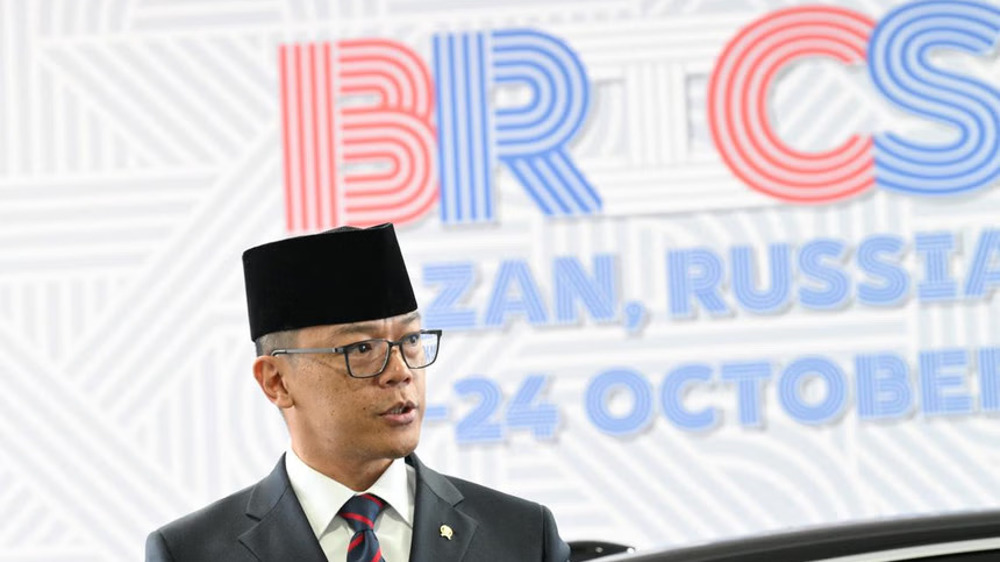
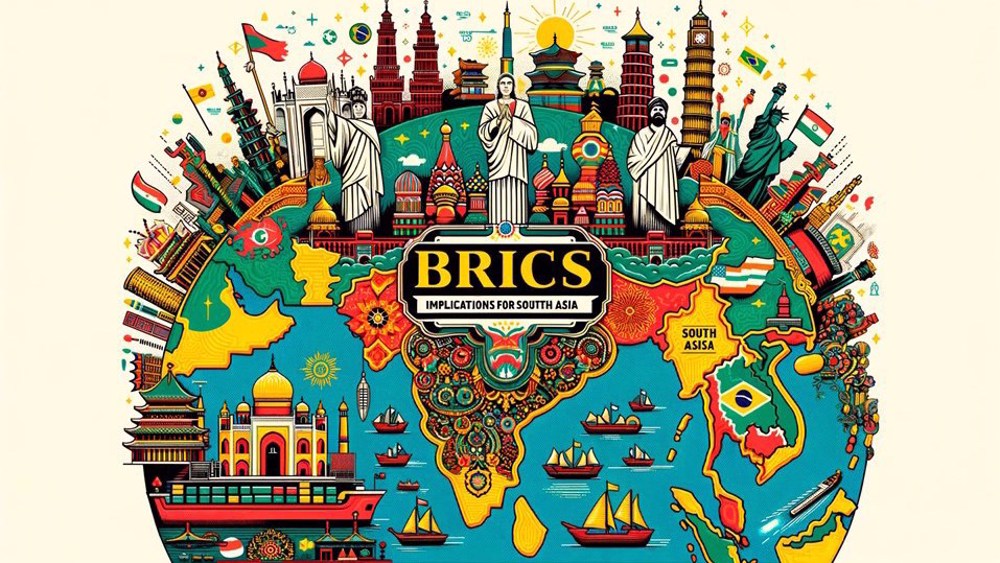
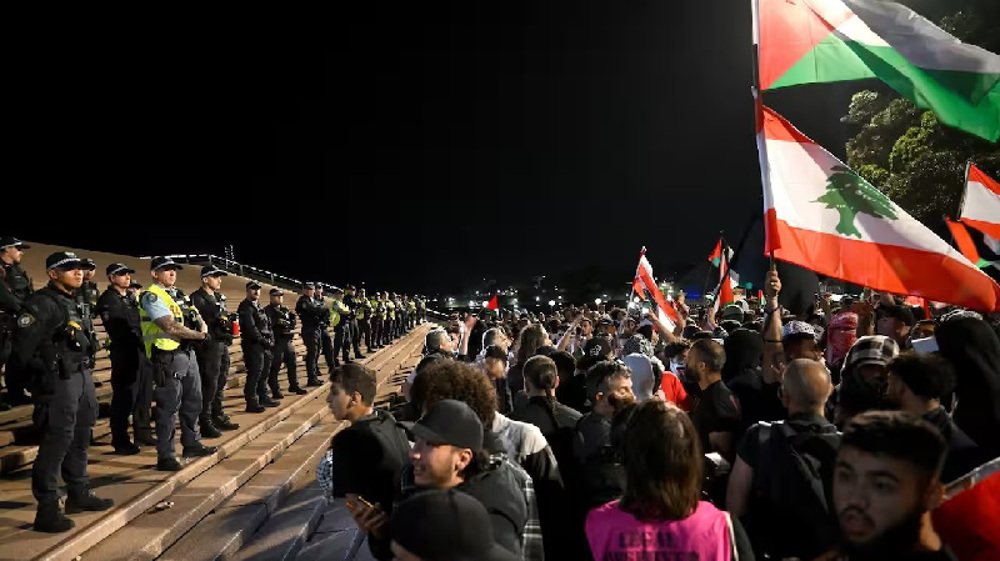
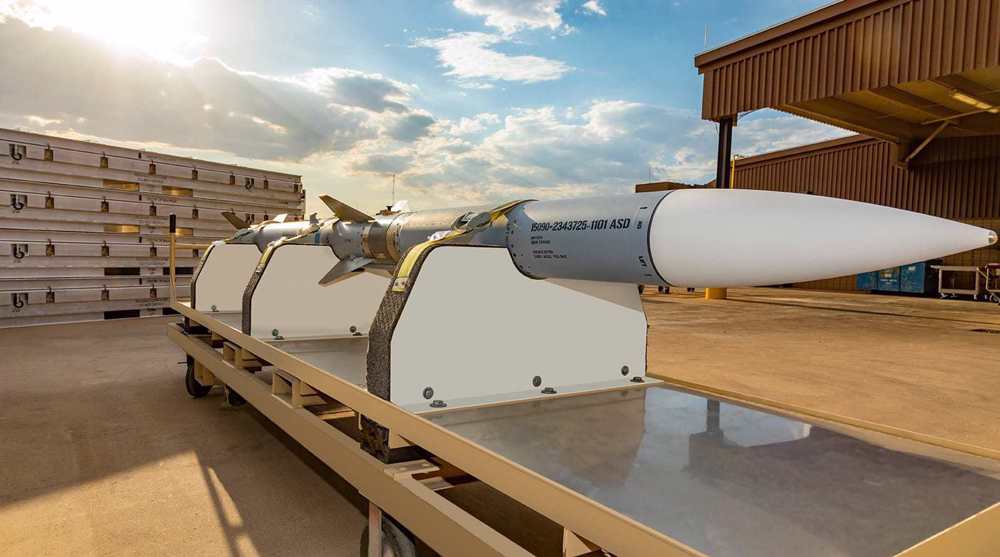
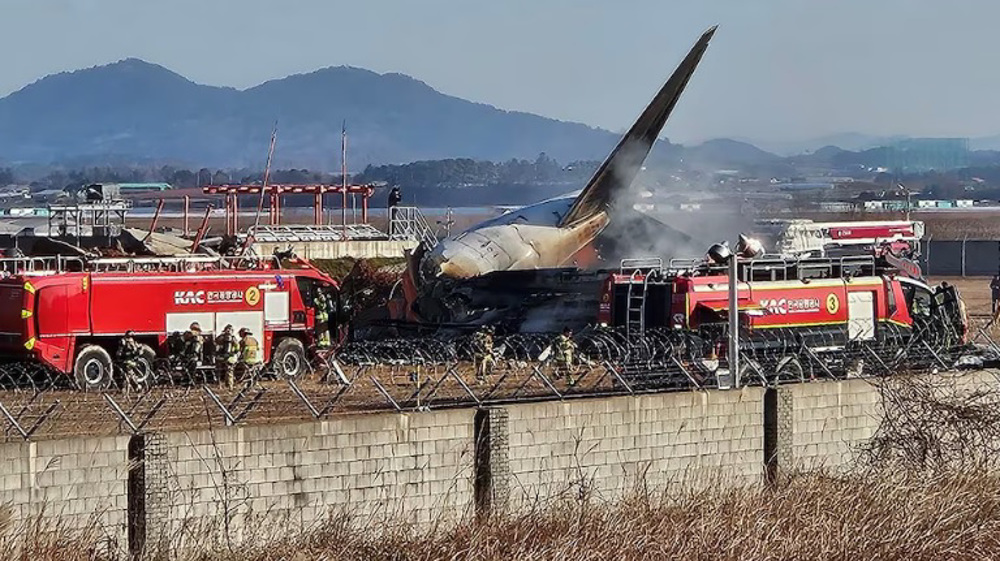



 This makes it easy to access the Press TV website
This makes it easy to access the Press TV website